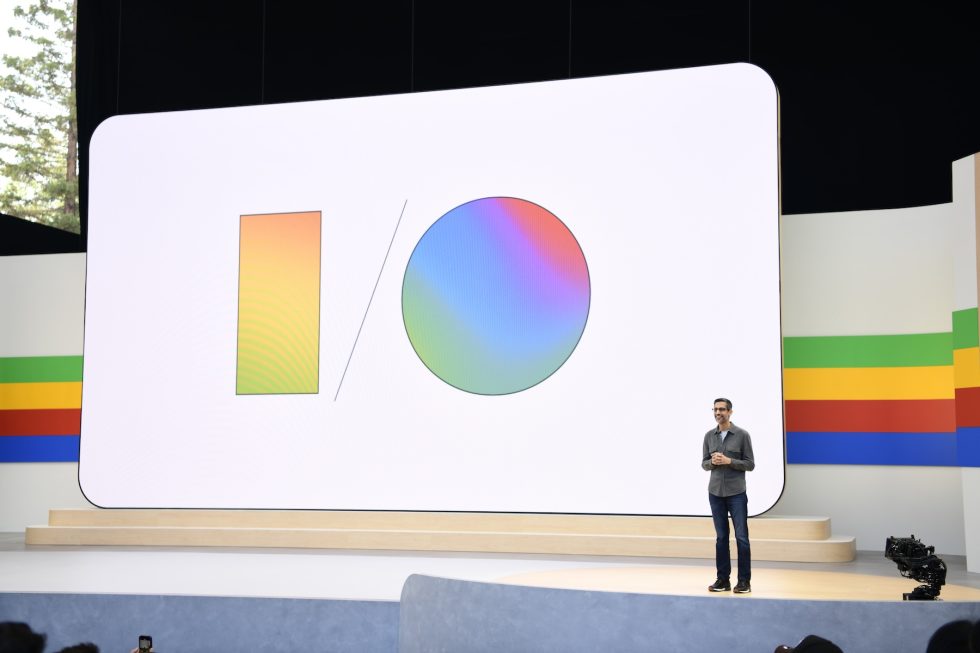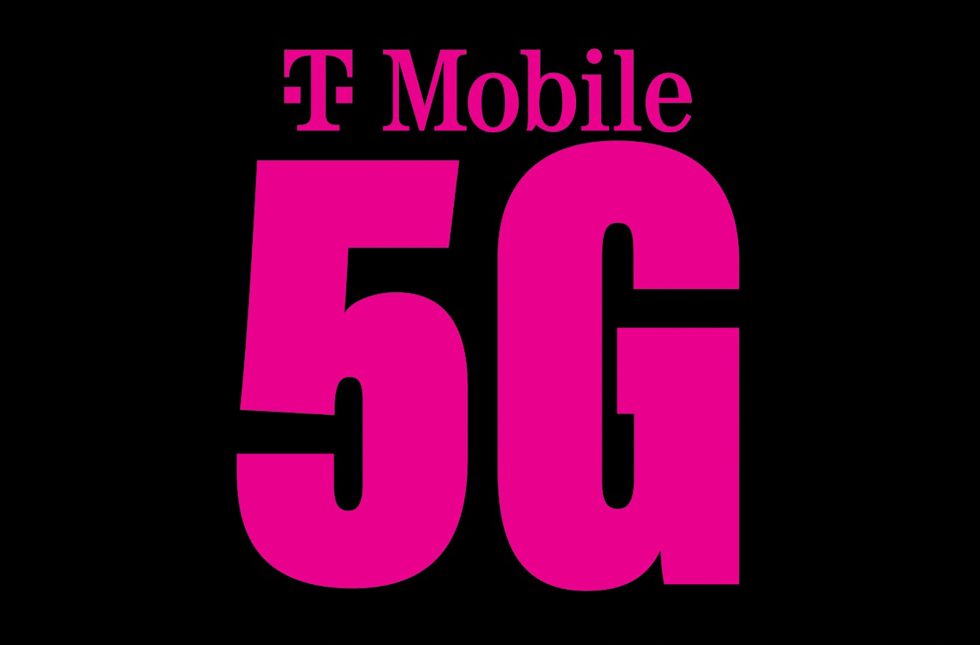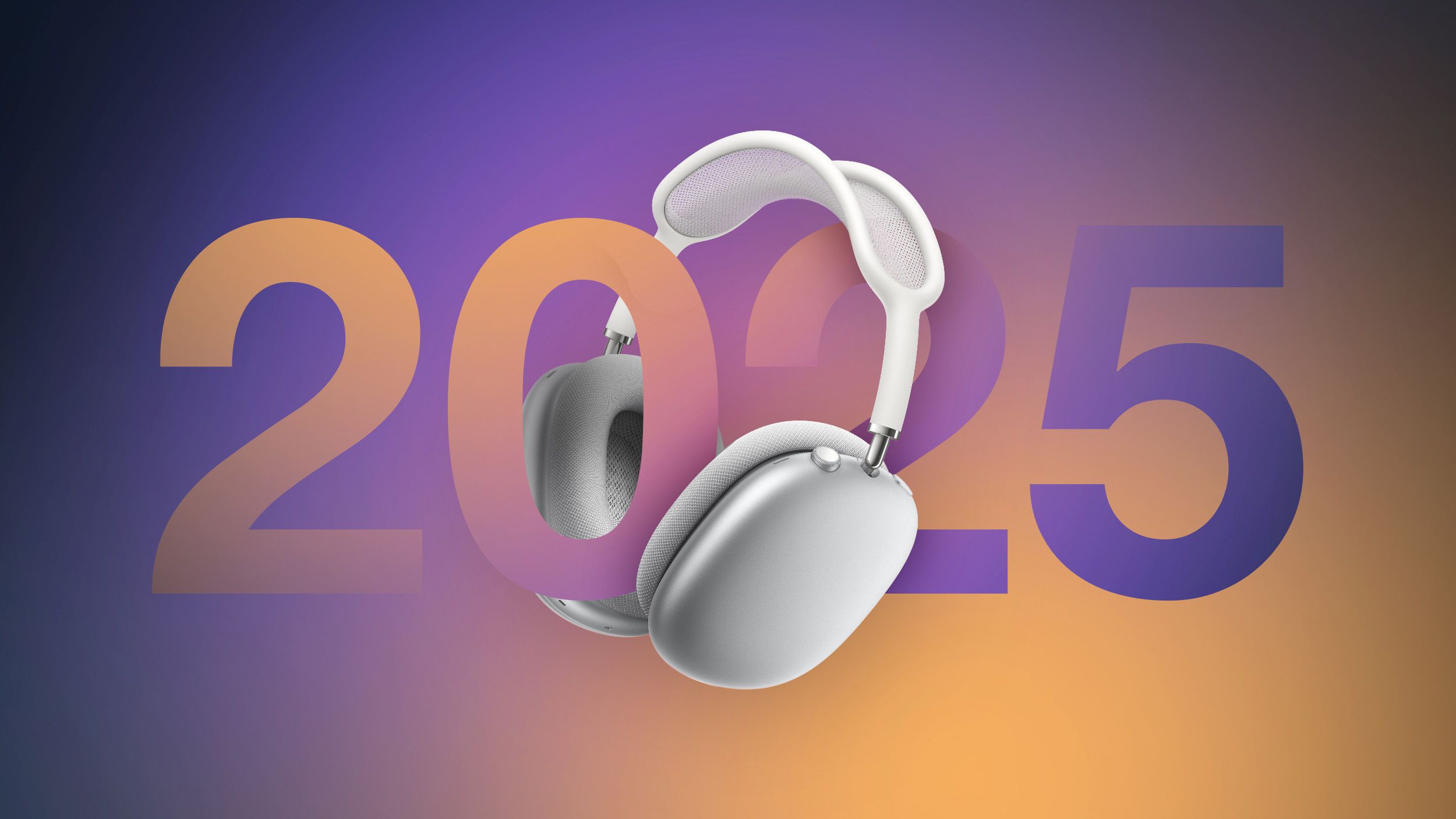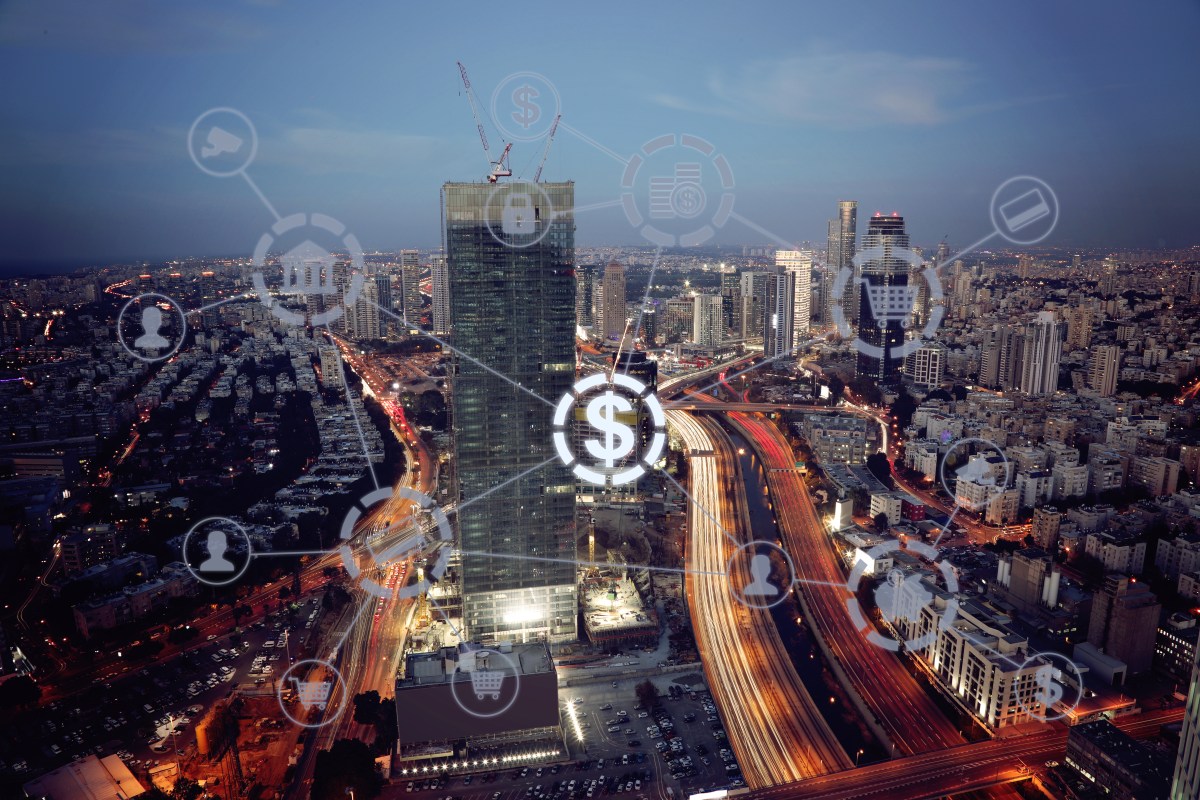Smart Parking Solutions: Drive Smarter, Park Faster, Live Better
In today’s fast-paced urban environments, smart parking solutions are revolutionizing the way we drive, park, and experience our cities. With growing populations, increasing vehicle ownership, and limited urban space, the need for efficient, intelligent parking systems is more urgent than ever. Our commitment to leveraging cutting-edge technology, real-time data, and user-centric design ensures that every driver enjoys a seamless, stress-free parking experience. What Are Smart Parking Solutions? Smart parking refers to the integration of IoT (Internet of Things) technology, sensors, mobile apps, and cloud-based data management to simplify the process of finding and managing parking. These systems enable drivers to locate available parking spaces in real time, pay digitally, and even reserve spots ahead of time. For city planners and administrators, smart parking offers valuable data to improve traffic flow, reduce emissions, and maximize the use of space. Key Benefits of Smart Parking Technology 1. Reduced Traffic Congestion Up to 30% of urban traffic is caused by drivers searching for parking. Smart parking systems dramatically cut down the time spent circling city blocks by providing instant access to available spots via a mobile app or dashboard display. 2. Enhanced User Convenience With real-time updates, digital payment options, and reservation systems, smart parking brings unparalleled ease and speed to the entire parking process. Drivers no longer need to fumble with change or risk fines due to expired meters. 3. Lower Environmental Impact By reducing idle times and unnecessary driving, smart parking contributes to lower vehicle emissions, improving urban air quality and supporting broader sustainability goals. 4. Optimized Revenue for Cities Municipalities benefit from increased parking compliance, reduced overhead costs, and data-driven pricing models that can dynamically adjust rates based on demand, time of day, and location. 5. Improved Safety and Security Smart parking systems often include surveillance features, license plate recognition (LPR), and automated lighting, contributing to safer environments for both drivers and vehicles. How Smart Parking Works 1. Sensor-Based Detection In-ground sensors or overhead cameras detect whether a parking space is occupied or vacant. This data is continuously transmitted to a central system via wireless networks. 2. Real-Time Data Processing Collected data is aggregated and analyzed in real time, then displayed through apps, digital signage, or websites, allowing users to view current parking availability. 3. Mobile Integration T rough custom mobile applications, users can search for, navigate to, reserve, and pay for parking spots using their smartphones. These apps often include push notifications, parking timers, and loyalty programs. 4. Cloud-Based Management Parking data is stored and analyzed on cloud platforms, providing city officials and operators with insights into usage patterns, peak hours, and occupancy rates to inform future planning and expansion. Popular Technologies Powering Smart Parking IoT Sensors: Detect vehicle presence and transmit data instantly. ANPR (Automatic Number Plate Recognition): Automates entry/exit and enhances security. AI & Machine Learning: Predicts demand trends and optimizes space allocation. Blockchain: Offers secure and transparent payment processing. 5G Connectivity: Ensures fast and reliable data transfer for real-time decision making. Top Use Cases of Smart Parking Solutions 1. Airports Airports utilize smart parking for short-term and long-term parking management, offering seamless reservation and payment systems that enhance passenger convenience. 2. Shopping Malls Retail centers benefit from smart parking by providing a frictionless experience for customers, improving foot traffic and dwell time. 3. Hospitals and Medical Centers Hospitals leverage smart systems to prioritize emergency access, reduce congestion, and ensure availability for staff and visitors. 4. Universities and Campuses Educational institutions use smart parking to streamline space usage, reduce complaints, and improve campus mobility. 5. Municipalities and Smart Cities Smart cities incorporate intelligent parking into their urban mobility strategies, reducing emissions and improving public transport integration. Smart Parking and the Future of Urban Living As cities continue to grow and mobility demands intensify, smart parking will be a cornerstone of intelligent urban infrastructure. By merging innovation with usability, smart parking contributes to a more organized, efficient, and livable city environment. Integration with autonomous vehicles, smart traffic signals, and public transportation hubs will further elevate its importance in the years to come.
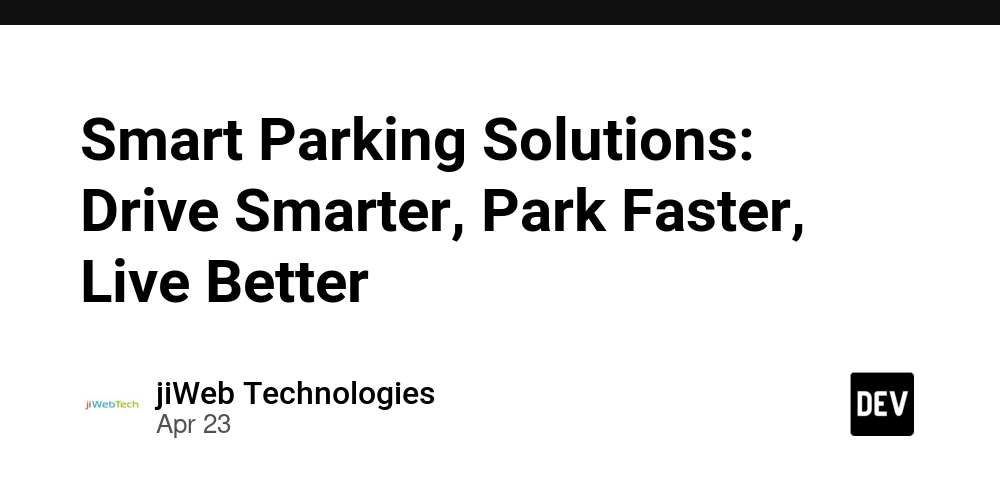
In today’s fast-paced urban environments, smart parking solutions are revolutionizing the way we drive, park, and experience our cities. With growing populations, increasing vehicle ownership, and limited urban space, the need for efficient, intelligent parking systems is more urgent than ever. Our commitment to leveraging cutting-edge technology, real-time data, and user-centric design ensures that every driver enjoys a seamless, stress-free parking experience.
What Are Smart Parking Solutions?
Smart parking refers to the integration of IoT (Internet of Things) technology, sensors, mobile apps, and cloud-based data management to simplify the process of finding and managing parking. These systems enable drivers to locate available parking spaces in real time, pay digitally, and even reserve spots ahead of time. For city planners and administrators, smart parking offers valuable data to improve traffic flow, reduce emissions, and maximize the use of space.
Key Benefits of Smart Parking Technology
1. Reduced Traffic Congestion
Up to 30% of urban traffic is caused by drivers searching for parking. Smart parking systems dramatically cut down the time spent circling city blocks by providing instant access to available spots via a mobile app or dashboard display.
2. Enhanced User Convenience
With real-time updates, digital payment options, and reservation systems, smart parking brings unparalleled ease and speed to the entire parking process. Drivers no longer need to fumble with change or risk fines due to expired meters.
3. Lower Environmental Impact
By reducing idle times and unnecessary driving, smart parking contributes to lower vehicle emissions, improving urban air quality and supporting broader sustainability goals.
4. Optimized Revenue for Cities
Municipalities benefit from increased parking compliance, reduced overhead costs, and data-driven pricing models that can dynamically adjust rates based on demand, time of day, and location.
5. Improved Safety and Security
Smart parking systems often include surveillance features, license plate recognition (LPR), and automated lighting, contributing to safer environments for both drivers and vehicles.
How Smart Parking Works
1. Sensor-Based Detection
In-ground sensors or overhead cameras detect whether a parking space is occupied or vacant. This data is continuously transmitted to a central system via wireless networks.
2. Real-Time Data Processing
Collected data is aggregated and analyzed in real time, then displayed through apps, digital signage, or websites, allowing users to view current parking availability.
3. Mobile Integration
T rough custom mobile applications, users can search for, navigate to, reserve, and pay for parking spots using their smartphones. These apps often include push notifications, parking timers, and loyalty programs.
4. Cloud-Based Management
Parking data is stored and analyzed on cloud platforms, providing city officials and operators with insights into usage patterns, peak hours, and occupancy rates to inform future planning and expansion.
Popular Technologies Powering Smart Parking
IoT Sensors: Detect vehicle presence and transmit data instantly.
ANPR (Automatic Number Plate Recognition): Automates entry/exit and enhances security.
AI & Machine Learning: Predicts demand trends and optimizes space allocation.
Blockchain: Offers secure and transparent payment processing.
5G Connectivity: Ensures fast and reliable data transfer for real-time decision making.
Top Use Cases of Smart Parking Solutions
1. Airports
Airports utilize smart parking for short-term and long-term parking management, offering seamless reservation and payment systems that enhance passenger convenience.
2. Shopping Malls
Retail centers benefit from smart parking by providing a frictionless experience for customers, improving foot traffic and dwell time.
3. Hospitals and Medical Centers
Hospitals leverage smart systems to prioritize emergency access, reduce congestion, and ensure availability for staff and visitors.
4. Universities and Campuses
Educational institutions use smart parking to streamline space usage, reduce complaints, and improve campus mobility.
5. Municipalities and Smart Cities
Smart cities incorporate intelligent parking into their urban mobility strategies, reducing emissions and improving public transport integration.
Smart Parking and the Future of Urban Living
As cities continue to grow and mobility demands intensify, smart parking will be a cornerstone of intelligent urban infrastructure. By merging innovation with usability, smart parking contributes to a more organized, efficient, and livable city environment. Integration with autonomous vehicles, smart traffic signals, and public transportation hubs will further elevate its importance in the years to come.
Challenges in Adopting Smart Parking Systems
Despite the advantages, implementing smart parking solutions involves:
High Initial Costs: Investment in sensors, software, and infrastructure.
Technical Integration Issues: Compatibility with legacy systems.
User Adaptation: Educating users on new systems and apps.
Data Privacy and Security: Ensuring user data is securely stored and processed.
However, the long-term ROI far outweighs the upfront challenges, with cities reporting measurable gains in efficiency, revenue, and public satisfaction.
Why We Need to Invest in Smart Parking Today
Smart parking is not a luxury—it’s a necessity. From improving daily commutes to enhancing urban sustainability, the adoption of smart parking is pivotal for any forward-thinking city or business. By investing now, stakeholders can:
- Position themselves as innovators
- Increase profitability
- Support environmental goals
- Deliver unmatched convenience to users
One of the key players leading the charge in this transformation is jiWebTech. With a strong portfolio of intelligent mobility solutions, jiWebTech is at the forefront of helping cities and businesses integrate smart parking systems that are scalable, secure, and user-friendly. Their commitment to digital innovation and smart infrastructure makes them a trusted partner for future-ready urban development.










































































































































































![[The AI Show Episode 144]: ChatGPT’s New Memory, Shopify CEO’s Leaked “AI First” Memo, Google Cloud Next Releases, o3 and o4-mini Coming Soon & Llama 4’s Rocky Launch](https://www.marketingaiinstitute.com/hubfs/ep%20144%20cover.png)

























































































































































![Is This Programming Paradigm New? [closed]](https://miro.medium.com/v2/resize:fit:1200/format:webp/1*nKR2930riHA4VC7dLwIuxA.gif)
























































































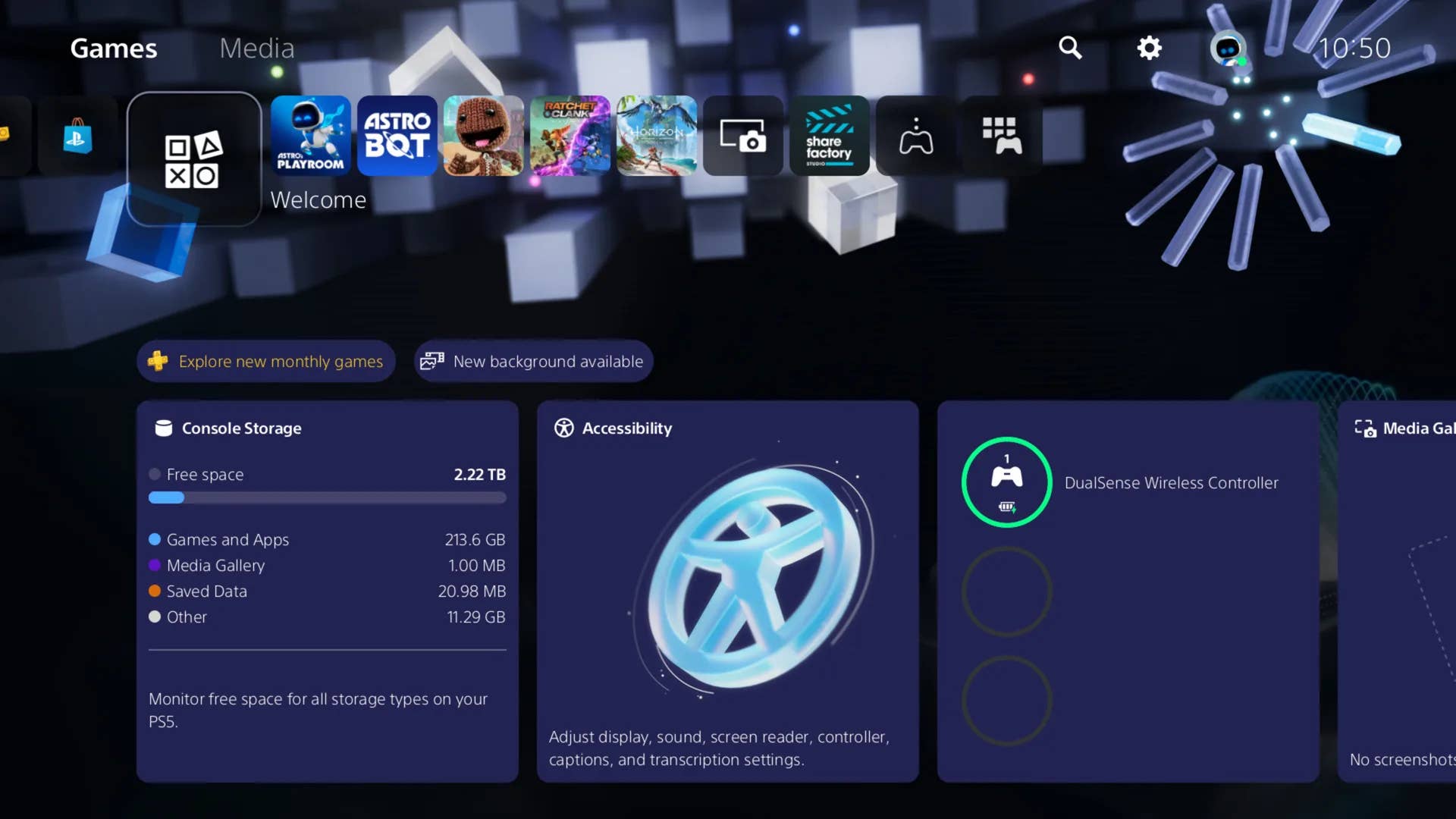
-Classic-Nintendo-GameCube-games-are-coming-to-Nintendo-Switch-2!-00-00-13.png?width=1920&height=1920&fit=bounds&quality=70&format=jpg&auto=webp#)
















































































































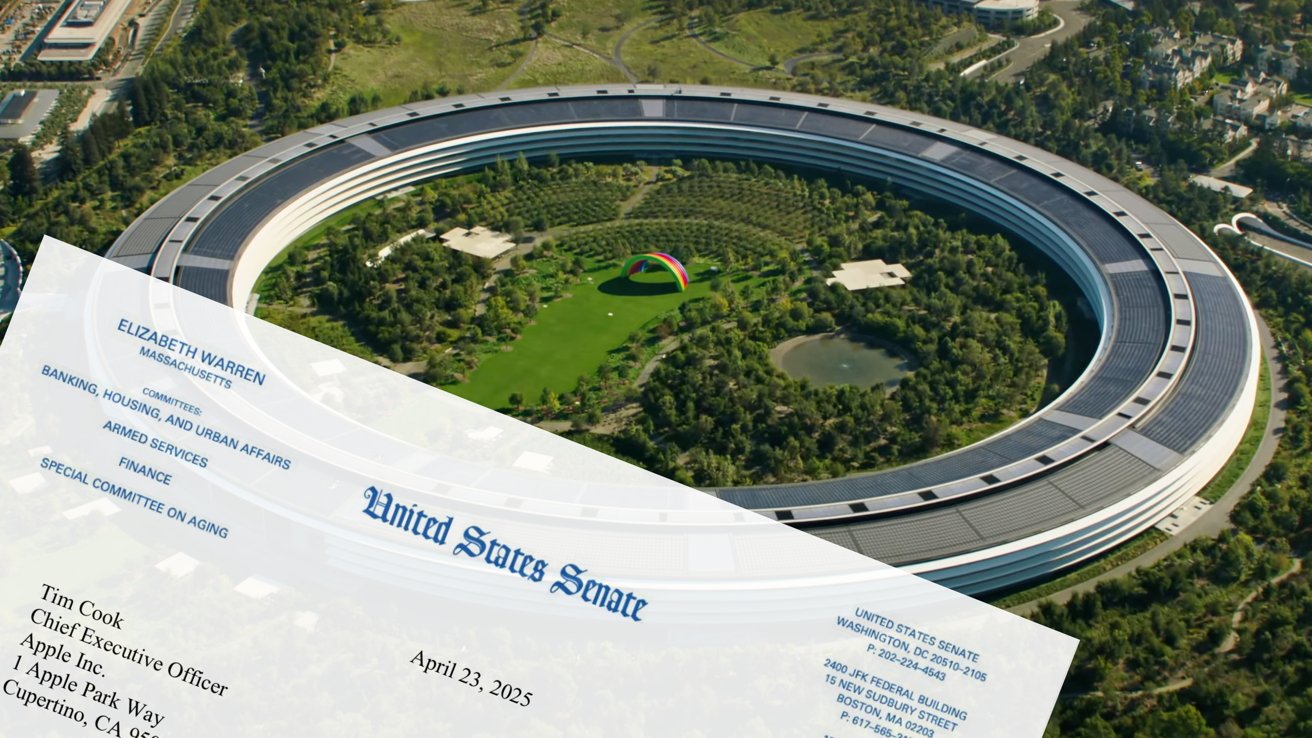

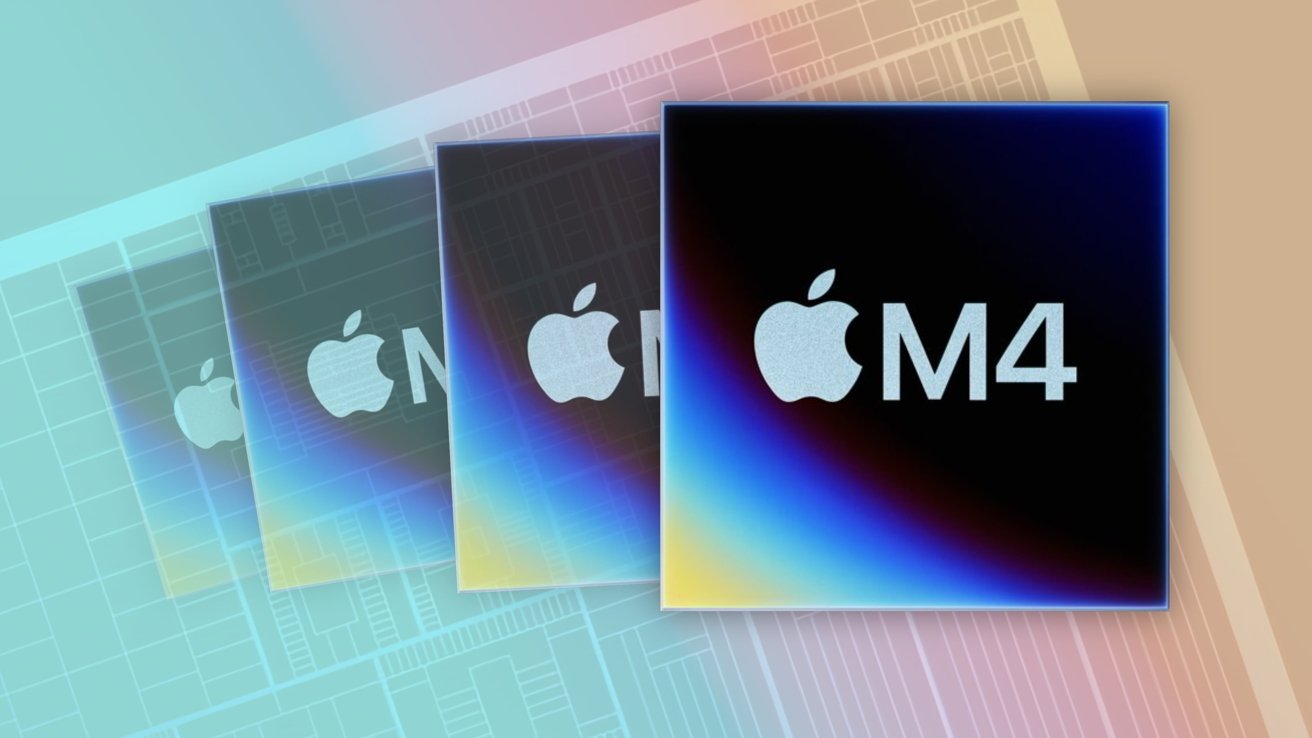




























![New iPhone 17 Dummy Models Surface in Black and White [Images]](https://www.iclarified.com/images/news/97106/97106/97106-640.jpg)


![Hands-On With 'iPhone 17 Air' Dummy Reveals 'Scary Thin' Design [Video]](https://www.iclarified.com/images/news/97100/97100/97100-640.jpg)























